Get thee to a nunnery
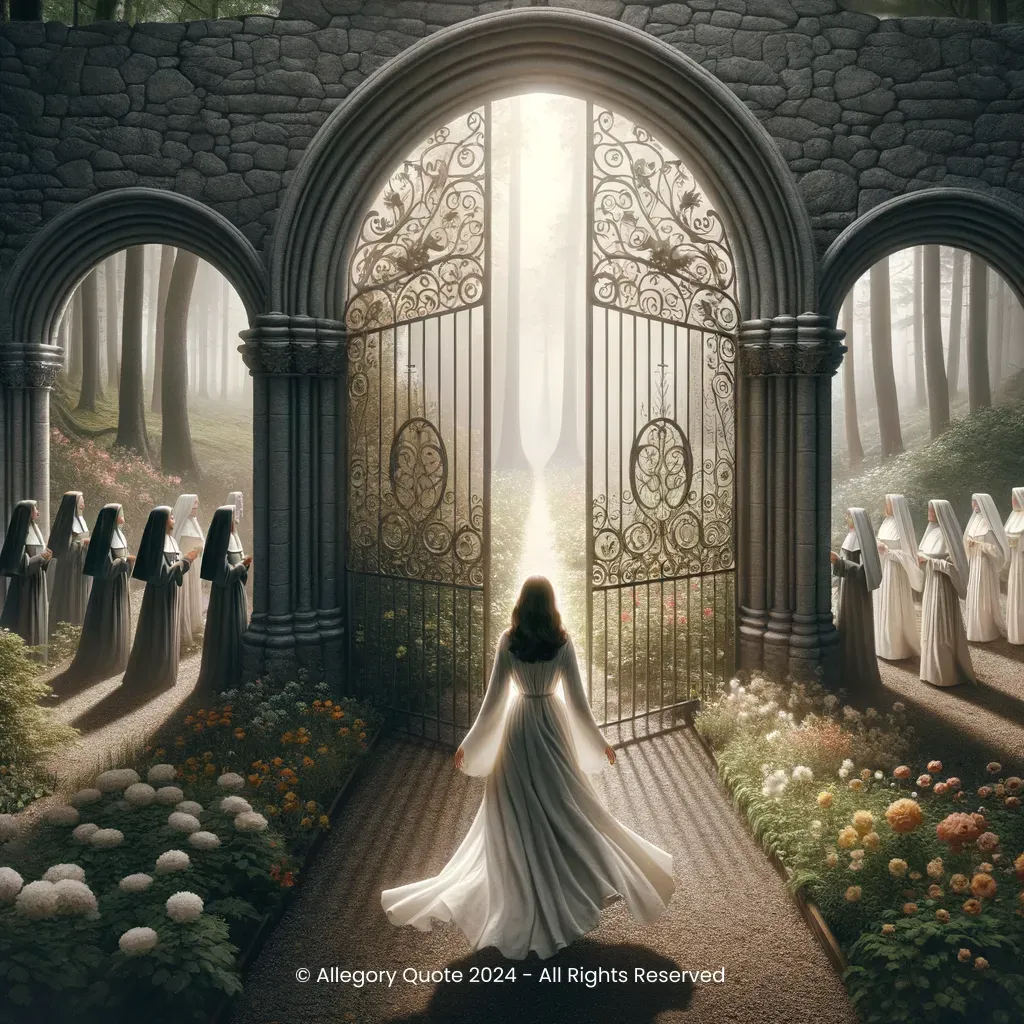
0
0
0
0
- Meaning
- Interpretation of this phrase often varies, but in the context of "Hamlet," it is generally understood as Hamlet's command to Ophelia to protect her purity by retreating to a convent, away from the corruption of the world. However, the term "nunnery" was also Elizabethan slang for a brothel, which introduces a layer of ambiguity and possible scorn, indicating Hamlet’s complex feelings toward women and possibly towards Ophelia herself.
- Allegory
- The garden represents the idea of purity and sanctuary, while the convent walls symbolize withdrawal from societal corruption. Ophelia's white robes embody innocence. Her hesitance at the gate conveys the dilemma between succumbing to societal pressures and retreating to preserve moral integrity. The contrasting elements of the peaceful inner garden and the dark, corrupt outer world illustrate the complexities of the phrase and its deeper meanings of protection versus critique.
- Applicability
- This phrase can serve as a colorful metaphor in modern dialogue to suggest that someone should withdraw from an environment perceived as corrupt or morally questionable. It can remind people of the need to find refuge from the world’s negative influences to preserve one's integrity or purity.
- Impact
- This phrase has had a significant cultural impact, epitomizing the tension and complexities in "Hamlet." It is often cited in literary discussions about gender roles, purity, and the protagonist’s mental state. Its persistent presence in scholarly and popular discourse underscores its resonance and the enduring relevance of Shakespeare's work.
- Historical Context
- "Hamlet" was written sometime between 1599 and 1601, during the Elizabethan era. This period is known for the flourishing of English drama, with Shakespeare being one of its most celebrated figures. The cultural context includes the stringent societal notions of virtue and purity, especially concerning women.
- Criticisms
- There has been controversy over whether Hamlet’s command to Ophelia was born out of genuine concern or cruel mockery. Some interpretations suggest that calling a convent a "nunnery" could have been a veiled insult, likening Ophelia to a prostitute and questioning her integrity.
- Variations
- While the literal phrase “Get thee to a nunnery” may not have direct variations, its interpretation varies greatly. Some modern feminist readings view it as a harsh critique of societal expectations imposed on women. Other cultures or periods might interpret the notion of retreating from society to preserve purity in diverse ways, rooted in their own social norms and historical contexts.
-

The golden age is before us, not behind us.
-

Love looks not with the eyes, but with the mind; and therefore is winged Cupid painted blind.
-
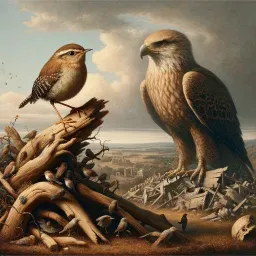
The world is grown so bad, that wrens make prey where eagles dare not perch.
-
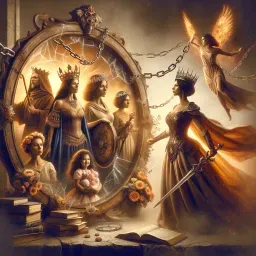
Frailty, thy name is woman!
-
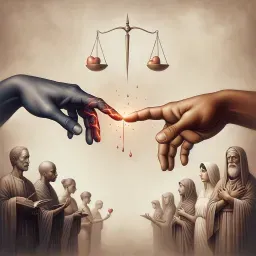
If you prick us, do we not bleed?
-
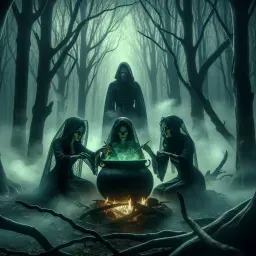
Double, double toil and trouble; fire burn and cauldron bubble.
-

Is this a dagger which I see before me, the handle toward my hand?
-

The better part of valor is discretion.
-

The robbed that smiles, steals something from the thief.
-
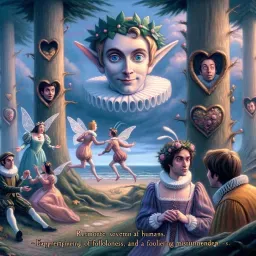
Lord, what fools these mortals be!
-
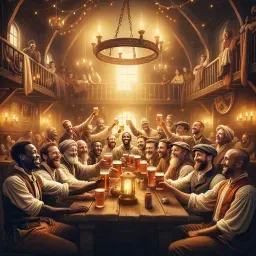
Come, gentlemen, I hope we shall drink down all unkindness.
No Comments